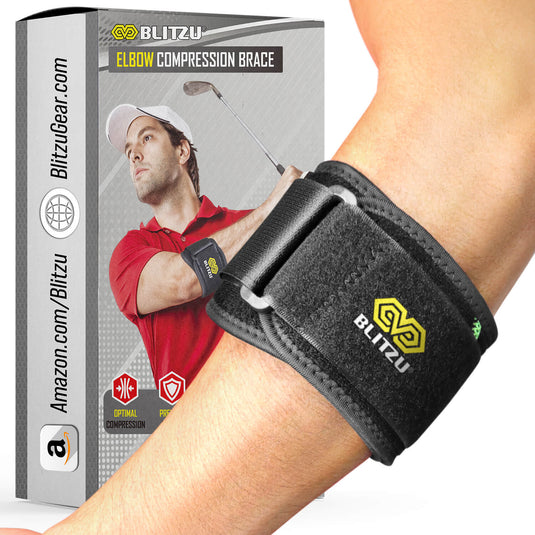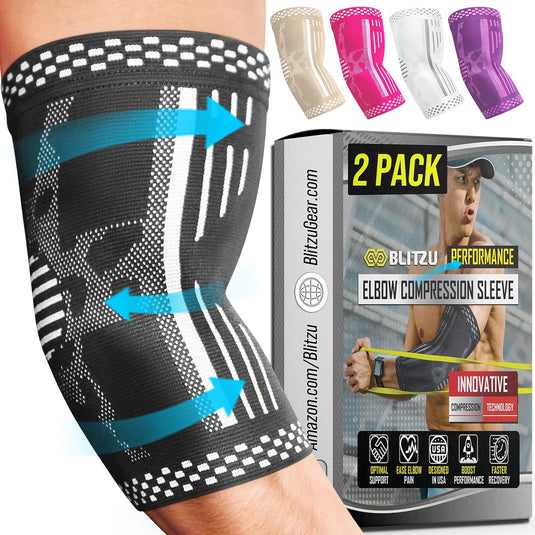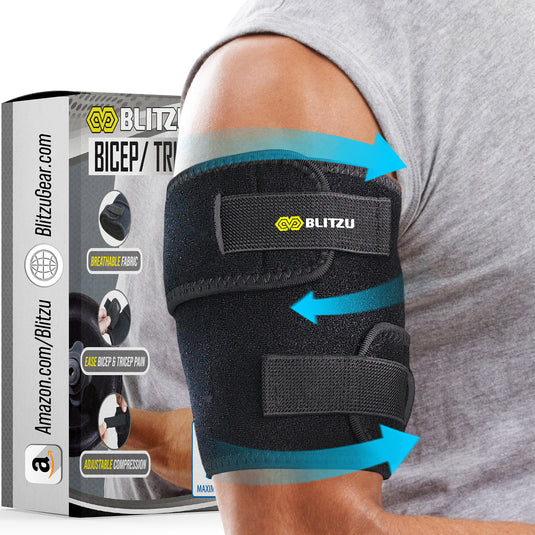Elbow Pain Treatment
What causes elbow pain?
In most cases, elbow pain is caused by strained or inflamed soft tissues. You can treat these at home after a few days with simple self-care. There are times when elbow pain is caused by a medical condition.
There are several things that can cause stiffness in your elbow, including arthritis. Arthritis is a painful and swollen joint, and there are various types of arthritis.
It is possible for elbow stiffness to be caused by problems with the elbow joint itself or with the muscles, covering of the joint, or ligaments surrounding the joint. When soft tissue is injured or operated, it can form scar tissue. Elbow stiffness can result from this.
It is possible for the elbow to lock in a fixed position from time to time. Joint pain is often short-lived, but may be caused by a loose piece of bone or cartilage. It may be necessary to wash out loose fragments during surgery.
How to treat elbow pain?
If you have elbow pain, there are several ways to help yourself. Painkillers, heat packs, ice packs, and changes in movement are some of these options.
Changing your movement style
If you have elbow pain, the first thing you should do is change or stop any movements that might be causing your symptoms. Consider speaking with an occupational therapist if you do repetitive movements at work, such as using a screwdriver or painting. Healthcare professionals can suggest ways to heal your elbow and how to change your movements.
Pain-relieving drugs
Pain, swelling, and stiffness can be eased with non-steroidal anti-inflammatory drugs (NSAIDs). The most common NSAID is ibuprofen, which can be purchased in pharmacies and supermarkets.
You should see your doctor if you have stomach problems after taking pain relievers or NSAIDs. Anti-inflammatory creams and gels can also be applied to your elbow, which won't upset your stomach.
Elbow Brace
Heat or ice packs
Avoid putting either a heat pack or an ice pack directly onto your skin, as they may burn or irritate it. It is best to wrap them in a towel first.
Using heat can ease stiffness, promote tissue healing, and relieve pain in a part of the body. When your elbow is swollen or injured, don't apply heat, as this can aggravate the condition. Ice reduces blood flow to part of the body, and this can reduce swelling.



